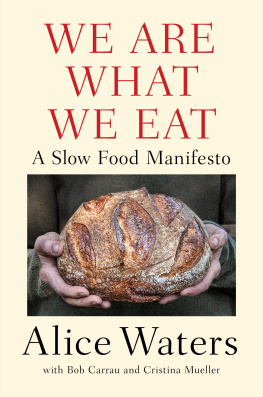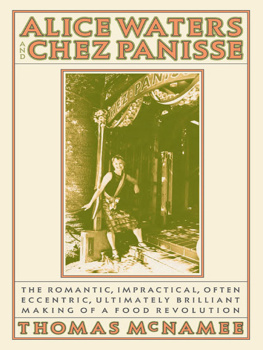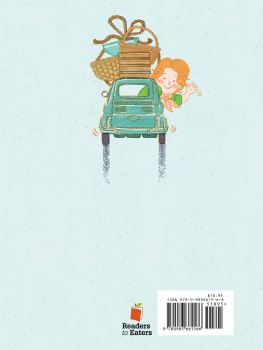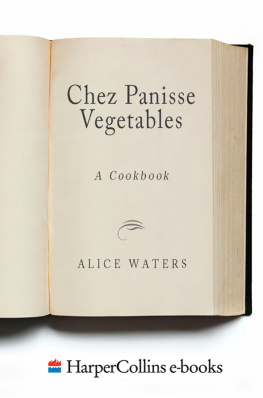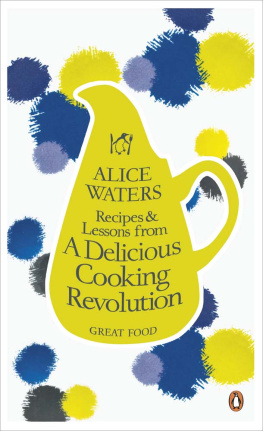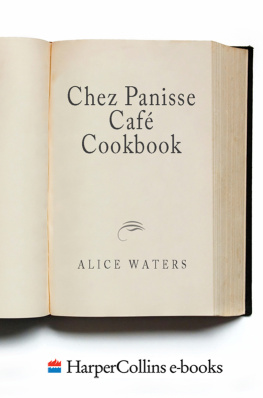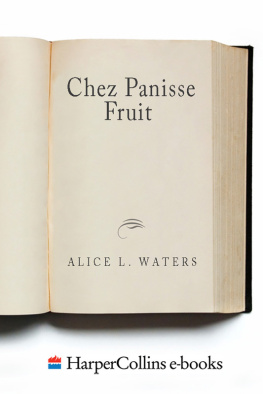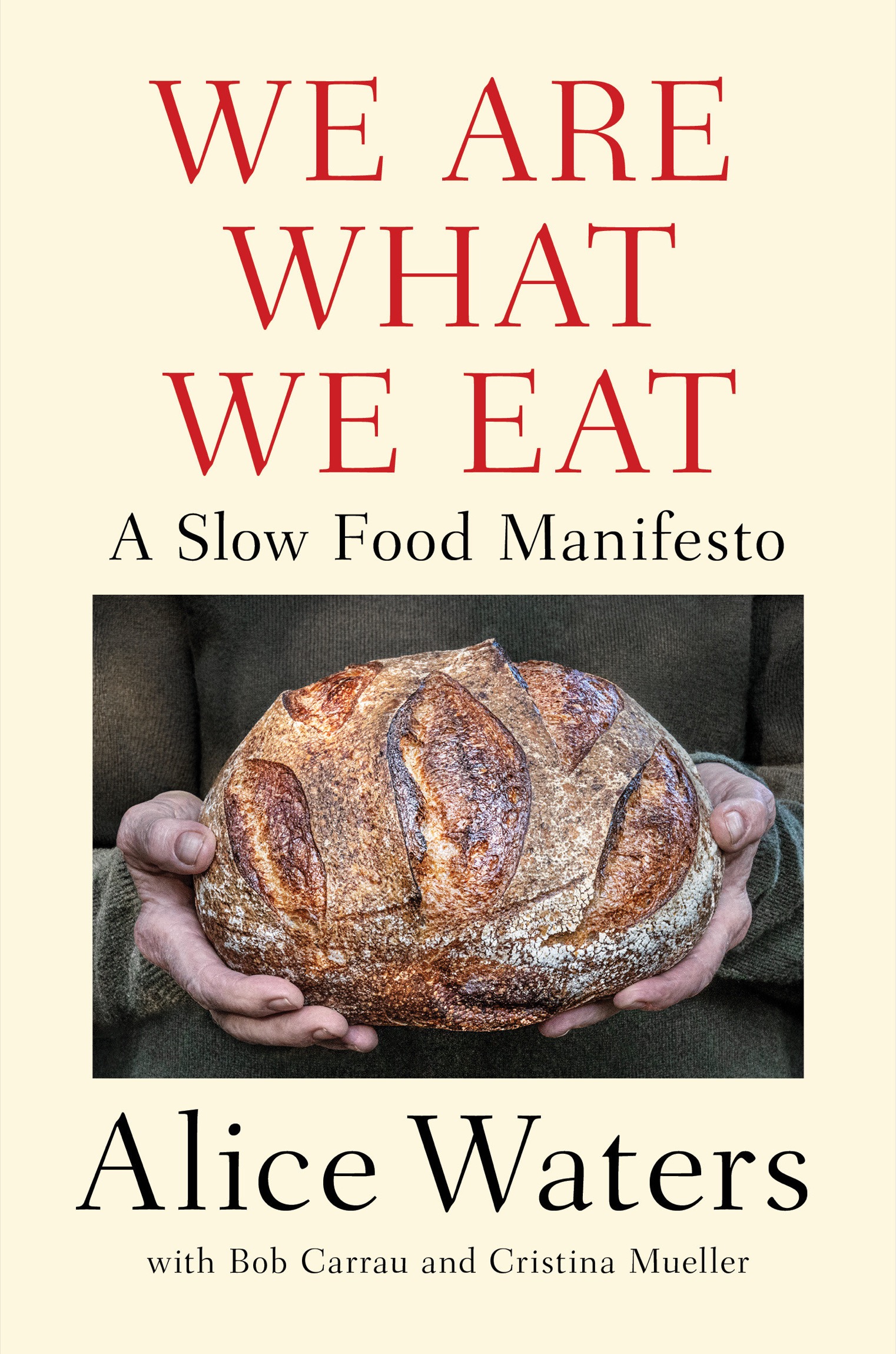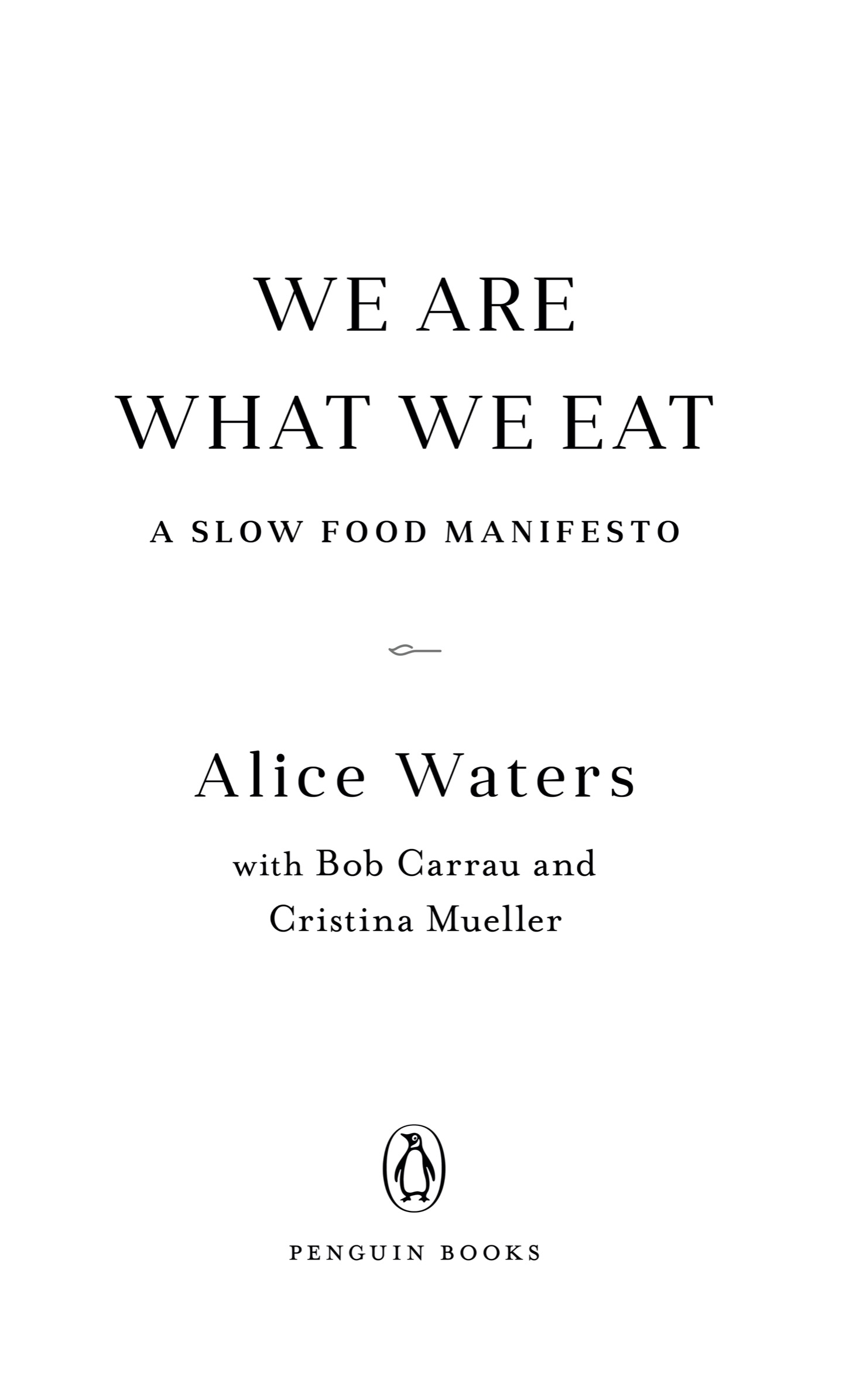Alice Waters - We Are What We Eat: A Slow Food Manifesto
Here you can read online Alice Waters - We Are What We Eat: A Slow Food Manifesto full text of the book (entire story) in english for free. Download pdf and epub, get meaning, cover and reviews about this ebook. year: 2021, publisher: Penguin Publishing Group, genre: Children. Description of the work, (preface) as well as reviews are available. Best literature library LitArk.com created for fans of good reading and offers a wide selection of genres:
Romance novel
Science fiction
Adventure
Detective
Science
History
Home and family
Prose
Art
Politics
Computer
Non-fiction
Religion
Business
Children
Humor
Choose a favorite category and find really read worthwhile books. Enjoy immersion in the world of imagination, feel the emotions of the characters or learn something new for yourself, make an fascinating discovery.
- Book:We Are What We Eat: A Slow Food Manifesto
- Author:
- Publisher:Penguin Publishing Group
- Genre:
- Year:2021
- Rating:3 / 5
- Favourites:Add to favourites
- Your mark:
We Are What We Eat: A Slow Food Manifesto: summary, description and annotation
We offer to read an annotation, description, summary or preface (depends on what the author of the book "We Are What We Eat: A Slow Food Manifesto" wrote himself). If you haven't found the necessary information about the book — write in the comments, we will try to find it.
In We Are What We Eat, Alice Waters urges us to take up the mantle of slow food culture, the philosophy at the core of her lifes work. When Waters first opened Chez Panisse in 1971, she did so with the intention of feeding people good food during a time of political turmoil. Customers responded to the locally sourced organic ingredients, to the dishes made by hand, and to the welcoming hospitality that infused the small spacehuman qualities that were disappearing from a country increasingly seduced by takeout, frozen dinners, and prepackaged ingredients. Waters came to see that the phenomenon of fast food culture, which prioritized cheapness, availability, and speed, was not only ruining our health, but also dehumanizing the ways we live and relate to one another.
Over years of working with regional farmers, Waters and her partners learned how geography and seasonal fluctuations affect the ingredients on the menu, as well as about the dangers of pesticides, the plight of fieldworkers, and the social, economic, and environmental threats posed by industrial farming and food distribution. So many of the serious problems we face in the world todayfrom illness, to social unrest, to economic disparity, and environmental degradationare all, at their core, connected to food. Fortunately, there is an antidote. Waters argues that by eating in a slow food way, each of uslike the community around her restaurantcan be empowered to prioritize and nurture a different kind of culture, one that champions values such as biodiversity, seasonality, stewardship, and pleasure in work.
This is a declaration of action against fast food values, and a working theory about what we can do to change the course. As Waters makes clear, every decision we make about what we put in our mouths affects not only our bodies but also the world at largeour families, our communities, and our environment. We have the power to choose what we eat, and we have the potential for individual and global transformationsimply by shifting our relationship to food. All it takes is a taste.
Alice Waters: author's other books
Who wrote We Are What We Eat: A Slow Food Manifesto? Find out the surname, the name of the author of the book and a list of all author's works by series.

